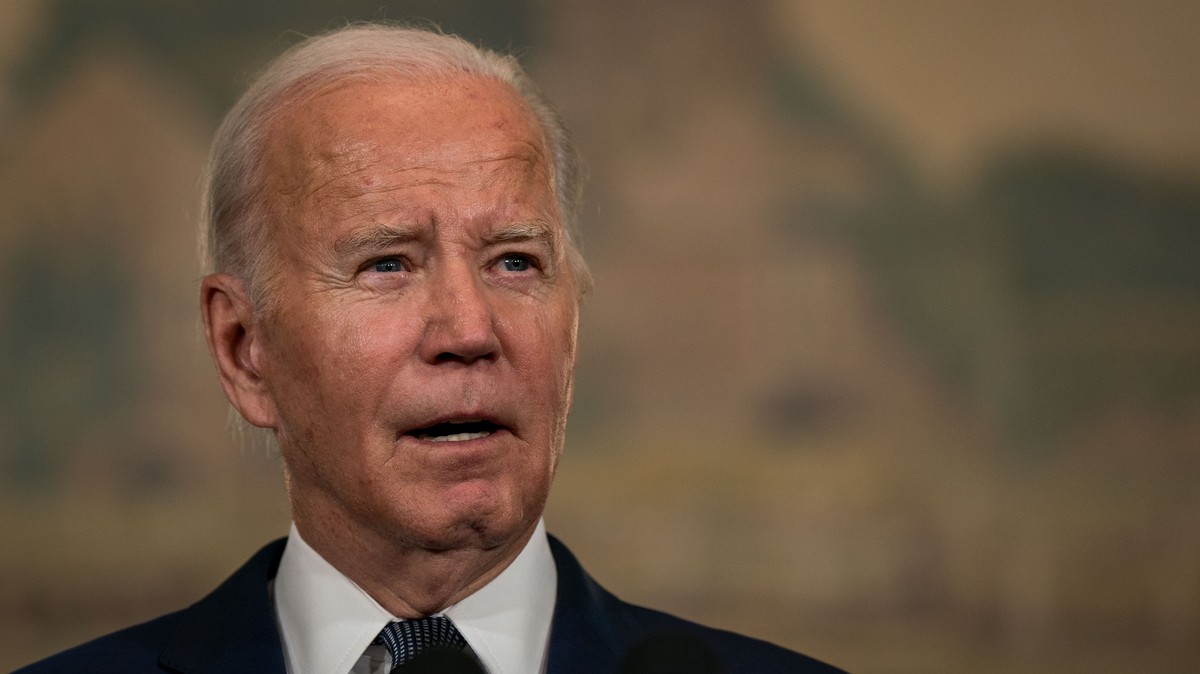Admiral Beez
Superstar
In June 1971, Nixon officially declared a "War on Drugs," stating that drug abuse was "public enemy number one." This ignited a huge public policy and government expenditure across the USA, Canada and much of the Western world on addressing the supply of drugs, putting tens of thousands into prisons and causing huge political interference in Latin America (and elsewhere) contributing to the migrant crisis of today.
But what if Canada, instead of following the US example of supply side management, had instead focused on addressing the demand for drugs, dealing with and reducing the reasons people procure and use drugs?
 canadiancentreforaddictions.org
canadiancentreforaddictions.org
This would presumably require government policy and expenditure on the the mental health, homelessness, medical/physical, emotional, cultural, abusive, purposelessness, despairing, and familial issues that drive someone to seek oblivion through drugs over reality.
How would Canada be different today? And can we realistically tack to a course to address the above? Does Canada have a chance to address the drug epidemic through focusing on the demand side? This sounds hugely expensive.
But what if Canada, instead of following the US example of supply side management, had instead focused on addressing the demand for drugs, dealing with and reducing the reasons people procure and use drugs?
Why Do People Use Drugs? | Canadian Center for Addictions
Want to know why people use drugs? Take a look at our guide and learn everything you need to know about drug addiction, what can cause it, and how to get help.
This would presumably require government policy and expenditure on the the mental health, homelessness, medical/physical, emotional, cultural, abusive, purposelessness, despairing, and familial issues that drive someone to seek oblivion through drugs over reality.
How would Canada be different today? And can we realistically tack to a course to address the above? Does Canada have a chance to address the drug epidemic through focusing on the demand side? This sounds hugely expensive.






